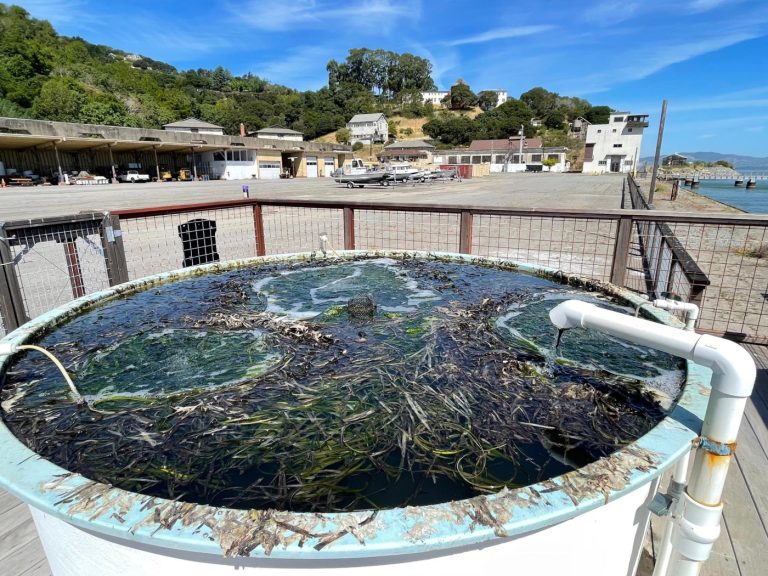The gasoline price gouging that has plagued California periodically for decades appears no longer to be merely sporadic. It’s now a steady phenomenon.
Related Articles
Elias: What’s good for pot industry isn’t necessarily so for the public
Elias: California insurance chief giving in to the industry’s demands
Elias: Gov. Newsom’s move on fentanyl antitode all anyone can ask of governor
There was shock and indignation about 18 months ago, when California’s Big Five gasoline refiners raised prices by more than $2 per gallon over a mere two days in February 2023, and kept them near $7 for weeks, before letting them slide into the $5-plus range, where they mostly sit today.
That resulted in windfall profits for those companies: Chevron, Marathon, PBF, Phillips 66 and Valero all set records for profits over the next two quarters. It also produced a special legislative session that created a new wing of the state Energy Commission to assess financial penalties when companies are found to be gouging their millions of customers. The new Division of Petroleum Market Oversight has so far not penalized anyone, even though prices and refinery profit margins remain near the record levels set during and just after the big price spike of early last year.
Now comes the Consumer Watchdog advocacy group, which over the last 35 years has saved California drivers more than $13 billion in car insurance premiums via the rules set in 1988’s California Proposition 103, authored primarily by the group’s founder, lawyer Harvey Rosenfield. The industry, Gov. Gavin Newsom and the current state insurance commissioner, Ricardo Lara, are feverishly trying now to decimate Prop. 103, and Consumer Watchdog is contesting that attempt.
The group has also been agitating for action from the new Petroleum Oversight divison, though. In comments filed recently, Consumer Watchdog used state data showing that refining profits reached record levels in 2022 and 2023, years when Big Oil claimed refinery maintenance and accidents caused shortages that led to price increases.
The price hikes plainly produced those record profits. Consumer Watchdog noted that for the rest of the last decade gasoline refining profits averaged 64 cents per gallon. In 2023, though, the average annual margin was $1.01, a 57% increase in profits. Put another way, it was a strongly inflationary additional cost of 37 cents per gallon for Californians already beset with higher food and utility prices.
“Every price spike during the last decade has seen a corresponding margin/profit spike,” said Jamie Court, Consumer Watchdog’s president.
In short, the higher gasoline prices go, the more profit is reaped by oil companies that own the big refineries. This must end if there’s ever to be a lid on the inflation plaguing all but the wealthiest in this state. Amazingly, the price spikes and the current prices are almost identical among all the big refineries. This suggests illegal collusion, of course.
Court told the state Energy Commission that “companies often defend against accusations of illegal parallel actions by (citing) business reasons. Sustaining higher prices and profits all year long (without) such reasons (like claims of supply disruptions) would create great legal peril for the companies.”
He added that failing to impose a profit ceiling on the refiners, which the commission now has the authority to do, would be “equivalent to giving in to terrorists when we have laws that penalize terrorism.”
However, the Energy Commission has not restrained prices, which are now nearly $2 per gallon higher in California than in the rest of the continental United States.
Republican politicians often claim this price differential comes because of California’s gas taxes. Nearly a third of the difference, though, can be ascribed to gas gouging revealed in the industry’s own monthly reports to the Energy Commission, a new requirement of the same law that grants its Petroleum Oversight division authority to limit profits.
So it’s high time to put that now year-old law into use and limit refinery profits to reasonable levels. Consumer Watchdog suggests a cap of 70 cents per gallon, more than the industry averaged in the eight years before the 2023 spike. By itself, that action could cut the price differential between California and other states by about a third. This would be an enormous benefit to millions of California drivers.
Email Thomas Elias at tdelias@aol.com, and read more of his columns online at californiafocus.net.












